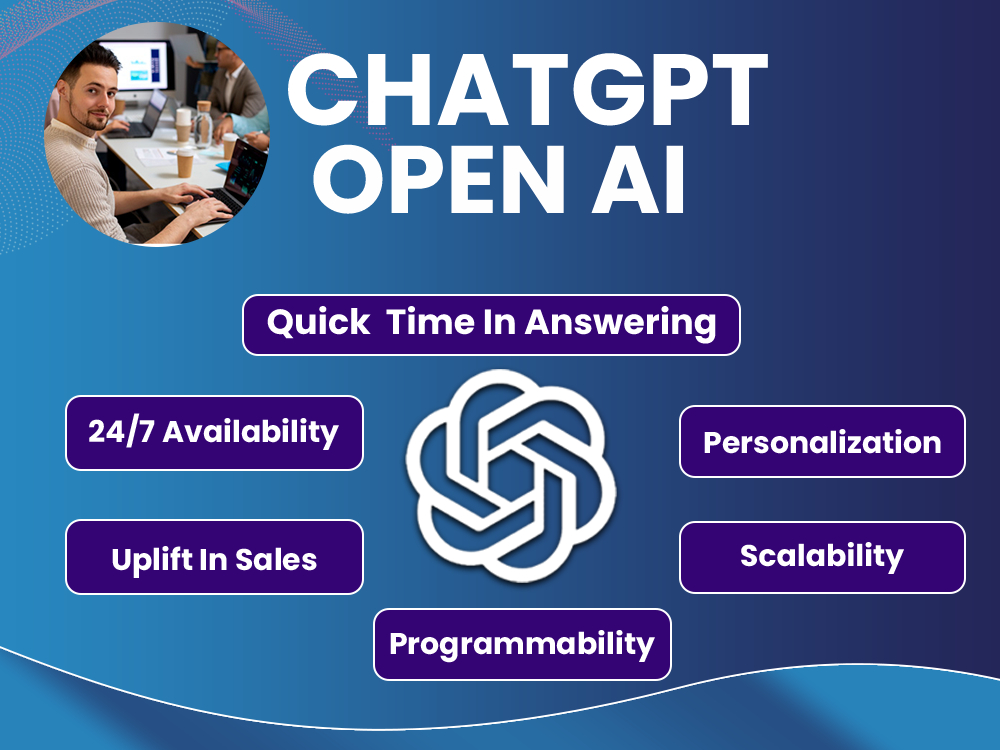As artificial intelligence (AI) and machine learning (ML) continue to develop, breathtaking breakthroughs in their fields will bring their very own revolution in technology and industries throughout the world by 2025. More than ever, AI is moving out of the research labs and tech giants’ development stages to permanently enter our everyday lives, improving healthcare, finance, manufacturing, and entertainment sectors. The increasing application of AI-driven solutions is leading to operational efficiency, better decision-making, and enhanced user experiences across various domains.

At the same time, the business world is rushing to invest in AI in search of a decisive advantage, while governments and regulators scramble to develop ethical frameworks for AI implementations. The communication between generative AI, automation, and real-time analytics poses challenges in innovation against the responsible use of AI by organizations. Here are eight top trends of AI in 2022:
Table of Contents
The Growing Impact of AI and Machine Learning Across Industries
AI and machine learning are establishing themselves across sectors beyond traditional tech enterprises. Sectors like finance, retail, health, and transport are employing AI-driven innovations to streamline operations, augment decisions, and elevate consumer experience. Beyond the early developments, progress toward AI implementation poses challenges around such issues as data privacy, bias mitigation, and compliance with regulatory frameworks.
Personalized AI Experiences for Every Customer
AI will revolutionize customer experience with hyper-personalization of content, recommendations, and services. From e-commerce to healthcare, businesses will leverage AI to create hyper-personalized experiences in real time.
AI and machine learning continue to rise, Shaping up the world as future lies.
Generation of AI Gains More Powers
Generative AI models that can create text, images, and videos are going to be more sophisticated and widely adopted. Expect improvements in accuracy, creativity, and ethical considerations regarding AI-generated content.
AI for Cybersecurity and Threat Detection
As threats continue to grow, AI-enabled cybersecurity tools will become even more sophisticated. Threat detection and predictive analysis will jointly fulfill a role of utmost importance to avert a cyberattack.
AI and Automation in the Workforce
There is no question that AI-driven automation has been changing the job market in unprecedented ways. While this means increased productivity levels for companies, questions are raised regarding continued upskilling of the workforce and the ethics of automation.
Ethical Development of AI and Explainable AI
Transparency and accountability in the decision-making process of AI will be a priority. Explainable AI (XAI) will help organizations build trust by reducing biases and enhancing the interpretability of the AI models.
AI-Enabled Healthcare Innovations
AI has the potential to radically change healthcare practices through AI-assisted diagnostics, individualized treatment plans, etc. Patient treatment will involve much more technology, such as AI wearable devices and virtual health assistants.
Edge AI and On-Device Processing
Processing of AI models on devices instead of remotely in the cloud gives speed, security, and efficiency benefits to that field. Such AI development, however, will target autonomous vehicles, IoT, and smart gadgets.
AI Regulation and Governance
National and international organizations will push for even more regulations in the development and deployment of AI, to ensure that the same are used responsibly. Expect new laws focusing on data privacy, AI bias, and ethical use of AI.
Some of these trends will set the future course of technology and society, as AI continues to evolve. Businesses and individuals must not only keep abreast of but also sufficiently adjust to, the many changes AI will bring in 2025 onward.


